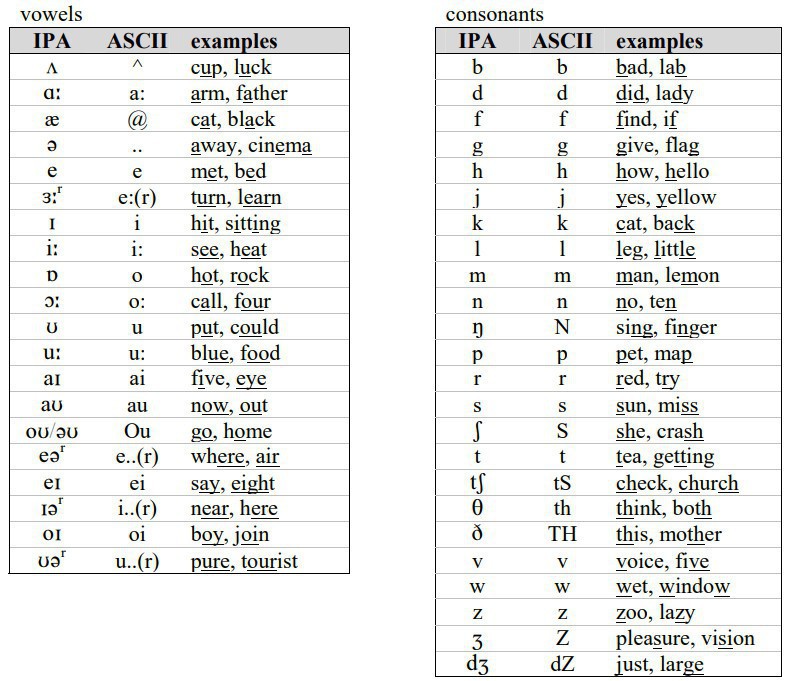Tips to soft your English Accent
In this article I'm sharing some of the tips to soft your English accent I've learned in a course that I did in London regarding Accent Softening and Effective Communication. To be a clear communicator in the mother tongue of Shakespeare, you need to master the intonation and pronunciation of the English language
- Vowels; they contain the feeling and the potential of the word. They are all made with an open mouth, where the position of the tongue is critical and the appropriate length of each vowel is fundamental. Ensure you open your mouth to express the vowels with all the emotions that they contain
- There are 20 vowel sound in the standard English language, 7 of then are show vowel sound and 5 of then are long vowel sound
- There are 8 diphthongs, which is the combination of two vowels sounds that are put together
- Words ;to unleash the full meaning of a word, you need to make sure its pronunciation is accurate, and really engage with the word, specially with the stressed syllable
- Stressed Syllable;if a word contains a stressed syllable, do concentrate and respect its sound
- Be mindful of the pauses ;that way you can present your thoughts and ideas more clearly and effective
- Mouth Consciousness ;be aware of what your mouth is doing when pronouncing tricky words, that will help you create new neurological paths for those words
Intonation
It's all about intonation, by putting stress on the right word you are directing your listener's attention to what it is important. Remember that when you speak, only 30% of what you actually said gets into the mind of the person (and that if is the person pays full attention!) therefore intonation is critical.
- Words that have a meaning need to have emphasis in the sentence, give them enough air time to pronounce them properly
- Grammatical words, pronouns and certain verbs tend to go unstressed such as 'to go', 'to be' or 'to do'.
- However, they are stressed if they are in negative form or they come before a full stop: "I don't want to do that"
- All negative words need emphasis, otherwise people might understand otherwise
To change your pronunciation is a hard job, because your brain already has established a way of pronouncing words. The key to overcome this is to know the individual sounds, not the words itself, then get practice with the sounds (individually), and later on associate them with the words. Be patience, the English sound has no logic whatsoever (orange is pronounced like 'oring', it actually has an 'e')
See this great table where they display in one column IPA (International Phonetic Alphabet) and in the other column the equivalent ASCII character, representing the symbol of the API that can be use to represent the sound on a computer with a standard keyboard. This representation of ASCII is the one that I'll use in the article and its videos, saving myself from importing funny symbols to describe the sounds

Credit table: http://www.antimoon.com/how/pronunc-soundsipa.htm
Resources:
Get to know these symbols individually: https://www.lexico.com/en/grammar/key-to-pronunciation ;this is a great site, type any word you're interested to and then scroll down to the bottom for its phonetic pronunciation syntax
Subscribe to Emma's channel, it's just amazing the amount of help her videos offer:
The 'R' sound
In grammar English there are two 'Rs', once is pronounced with a delicate sound and the other one is silence The 'R' that is pronounced is with the lips at the front moving forward (not with the tongue, the tongue is not involved at all), examples are Robert, Really, Raining. Notice that in all examples words the R is always before a vocal, and that is the rule you have to follow to pronounce it: whenever there is an R in front of a vocal, pronounced it with the lips at the front moving forward
- These "R" are to be pronounced: surprise, friend, orange
- These "R" are not pronounced (silence as the vowel always wins): car, departure, party, farm, girl
Clear? Good. Then, please explain it to me because I didn't get it. So when the "R" is not pronounced... (because it comes after a vowel), what it is pronounced then is that vowel itself, and this can have 6 (six!) different intonations:
- Three of the "R" are pronounced with a vowel:
- əː sound (long vowel uhhhh, disgusting sound); learn [luhn], work [wuhk], purse 'puhs], heard [huhd], turn [tuhn]
- ɔː sound (long vowel aaaw, extended sound) ; war [waw], core [kaw], door [daw], portion [paw-shn], story
- ɑː sound (long vowel aaaa) ;car [kaa], heart [haat], party [paatee]- no "r" is pronounced on these words!
- The other three pronounced "R" sounds are diphthongs
- ɛː sound (diphthong ehhuh, extend the sound) air [euh], fair [feuh], pear, care [keuh], wear [weuh], wearing [weu-hing]
- ɪə sound (diphthong eeeuh) ;fear, hear, tear
- schwa sound (short, unstressed 'uh') ; mother, father, teacher
More to follow guys and gals
Revise this fantastic page to hear the vowel: http://www.antimoon.com/how/pronunc-soundsipa.htm
inplay"Y", is a 'y' that i implied but is not a full 'y', so when you pronouncing you just carrying it across; examples: carrying arrival
Radical has 'schwa' at the second 'a', your don't say rAdicAl with the strengh in two a, no, no ,no, no you say rAdical
https://www.engvid.com/english-resource/50-tongue-twisters-improve-pronunciation/
http://www.banane.com/2007/04/21/the-bo-po-mo-fo-or-zhuyin-grid/
Funny English:
What's the matter? = Cual es la materia?
Don't disturb me = no me molestes... but "molesting" in English means you are sexually abusiving a teenager
References
Camtasia video editor https://www.techsmith.com/video-editor.html